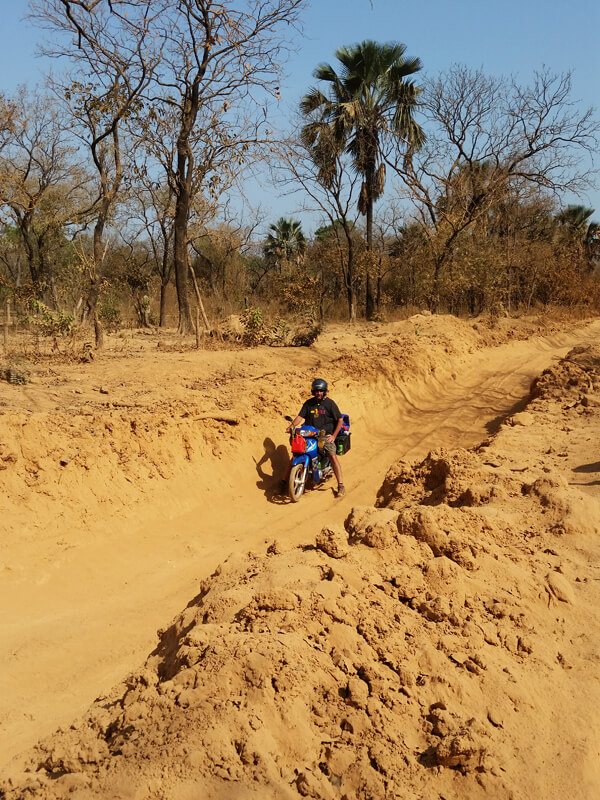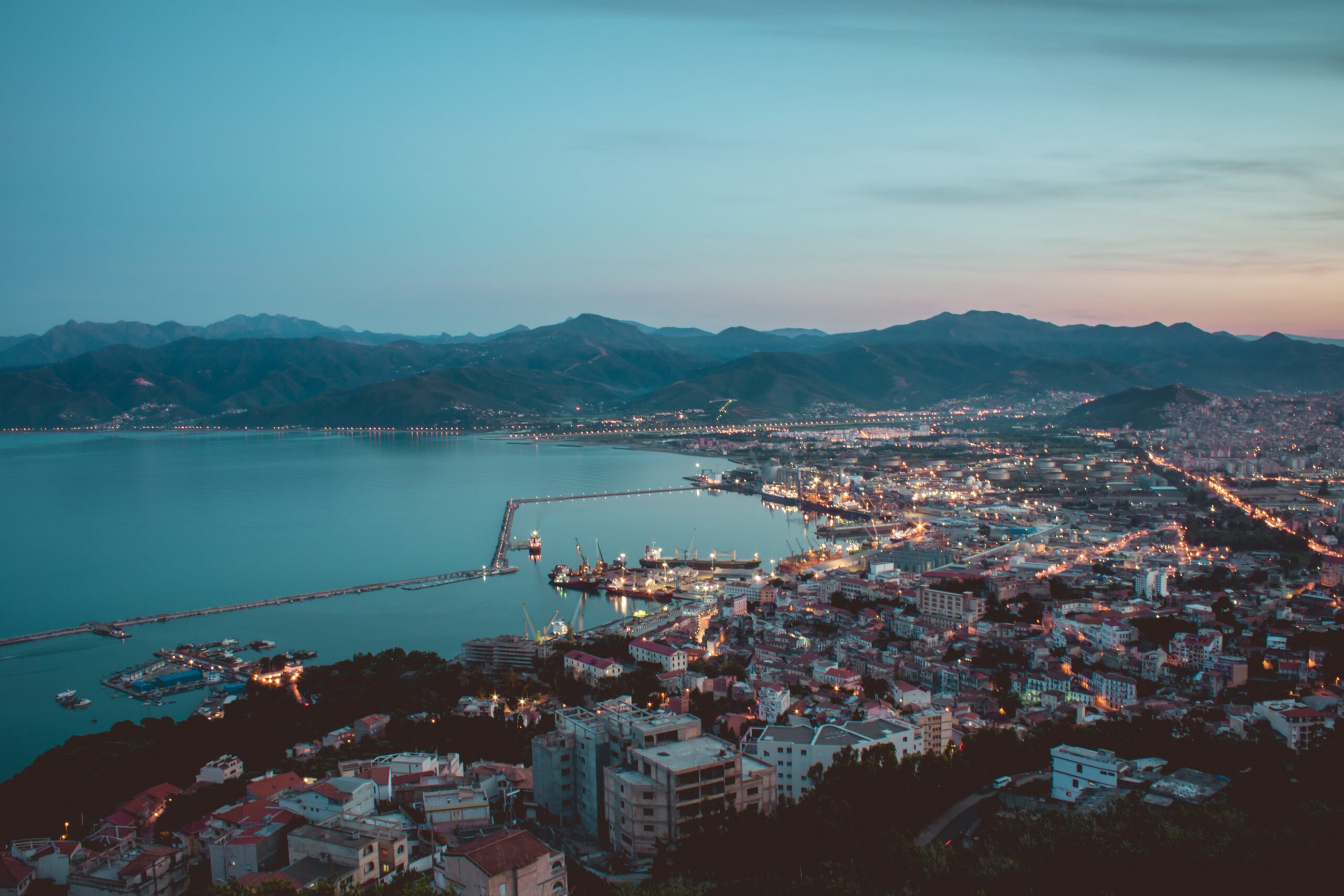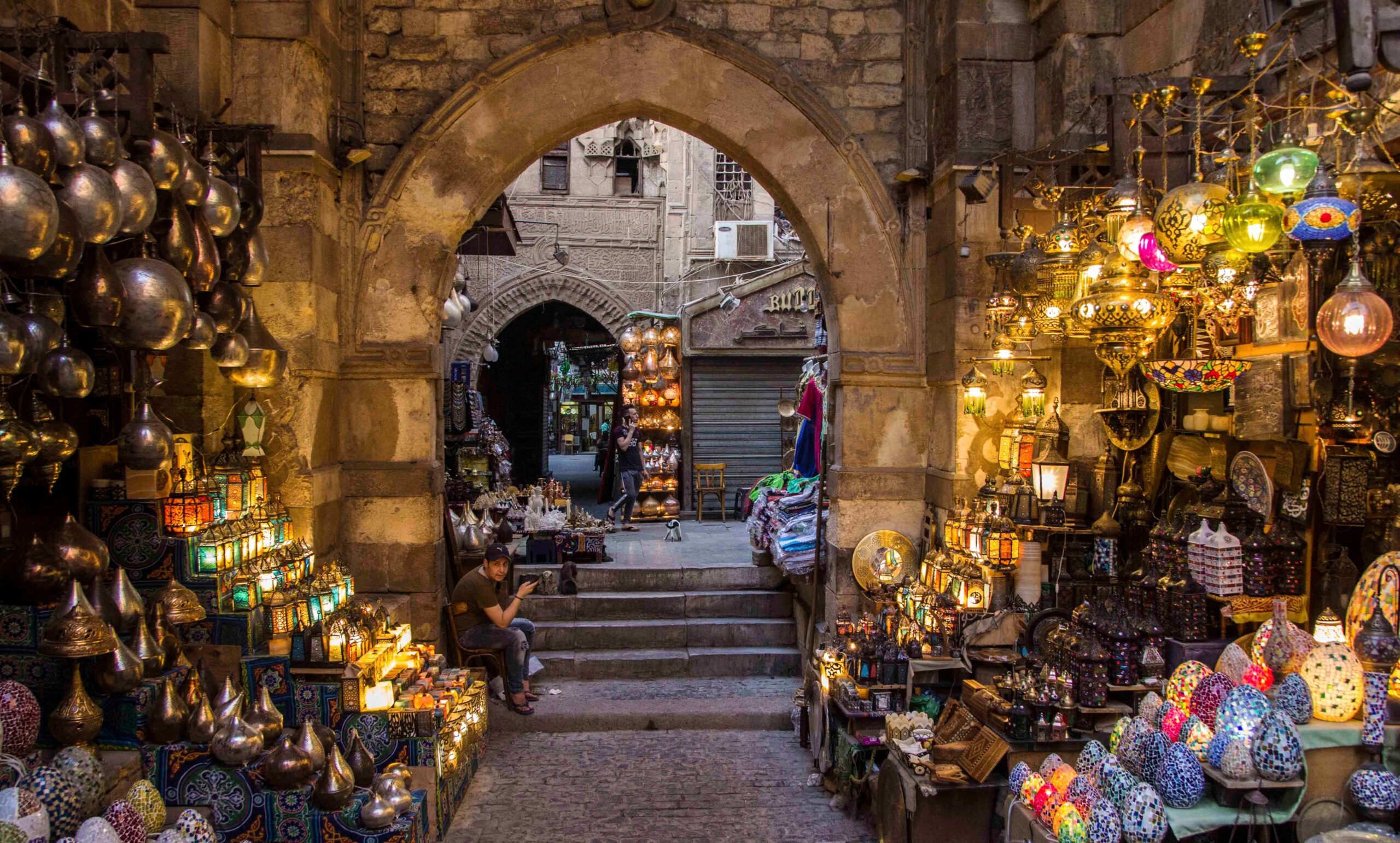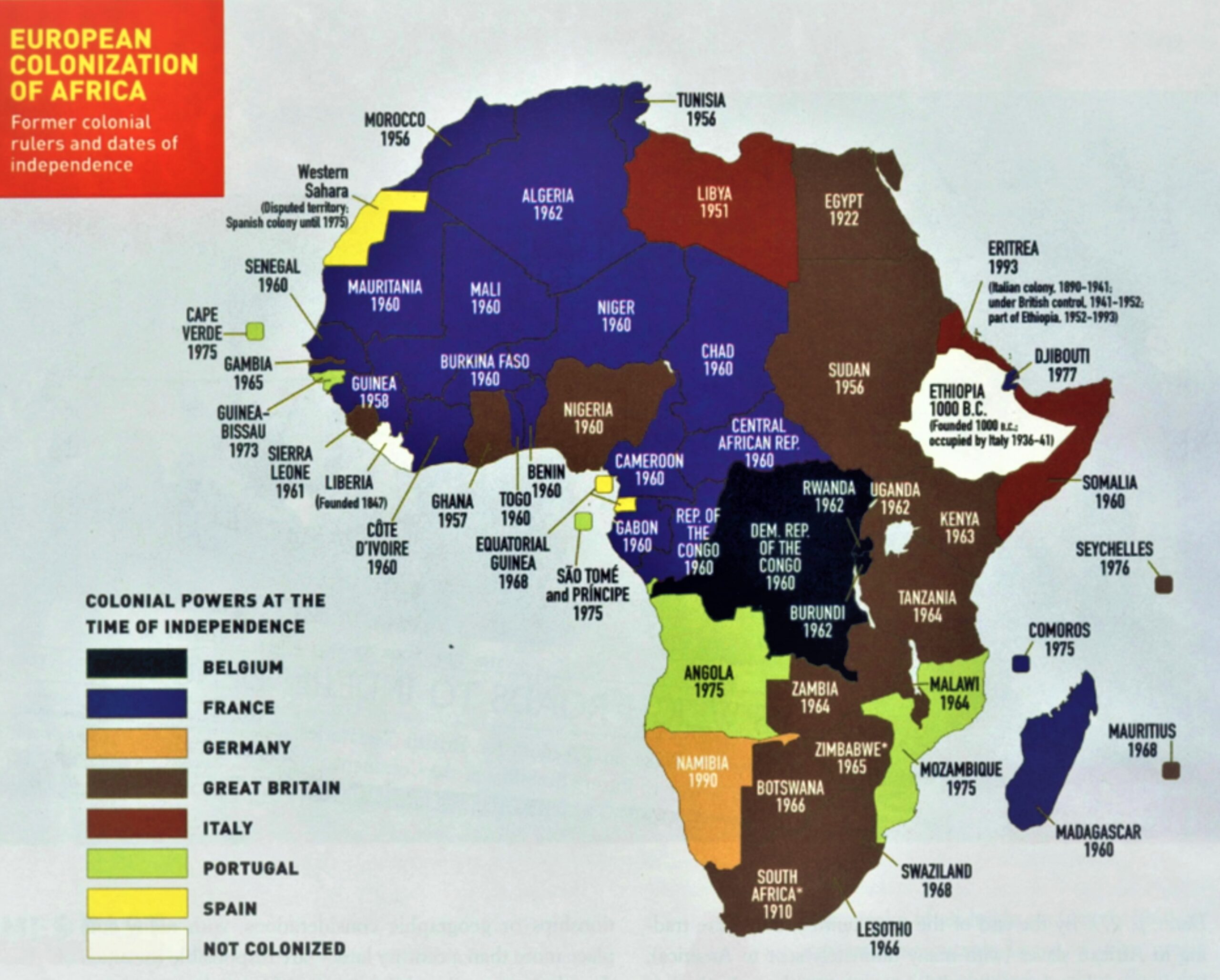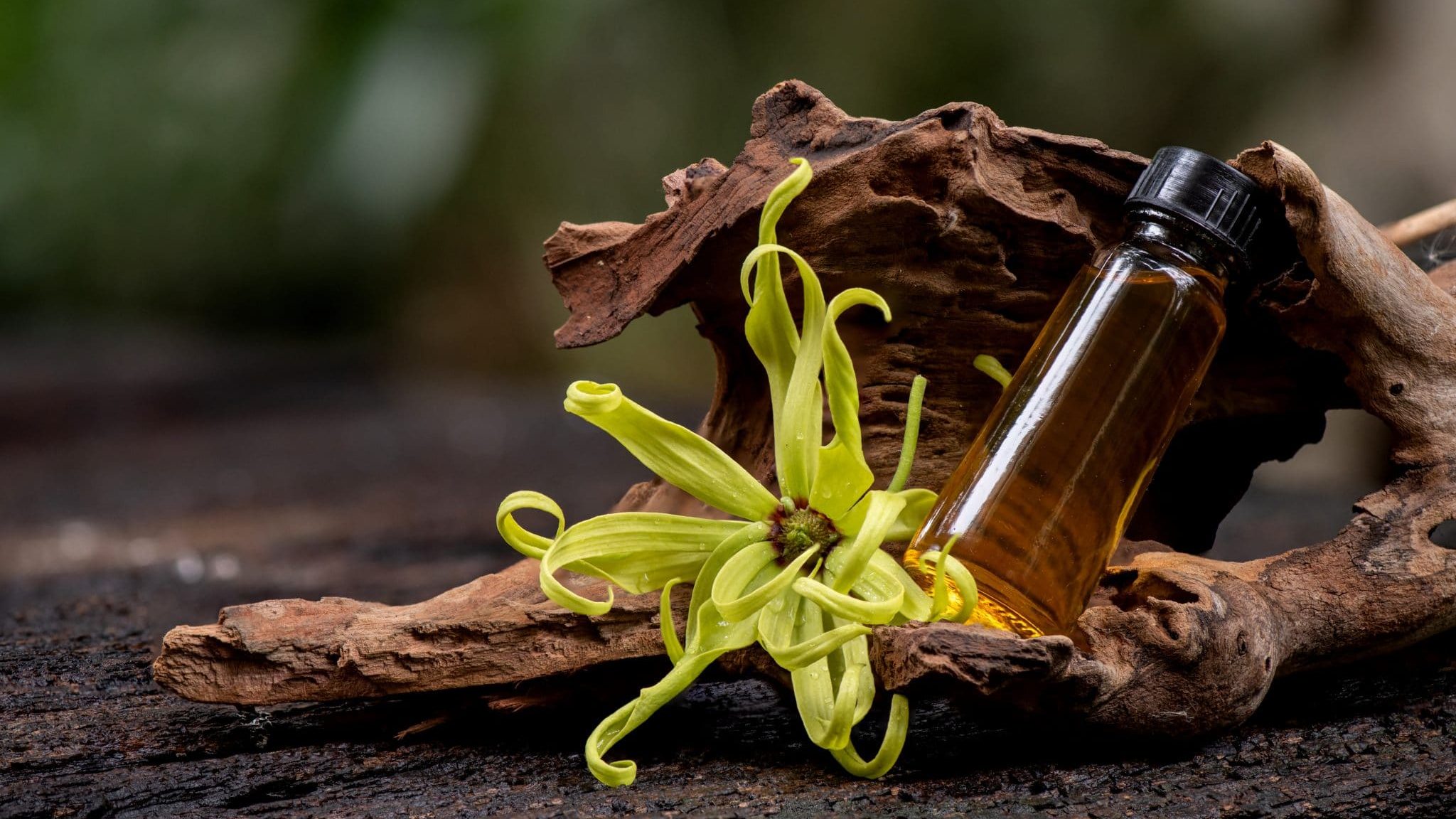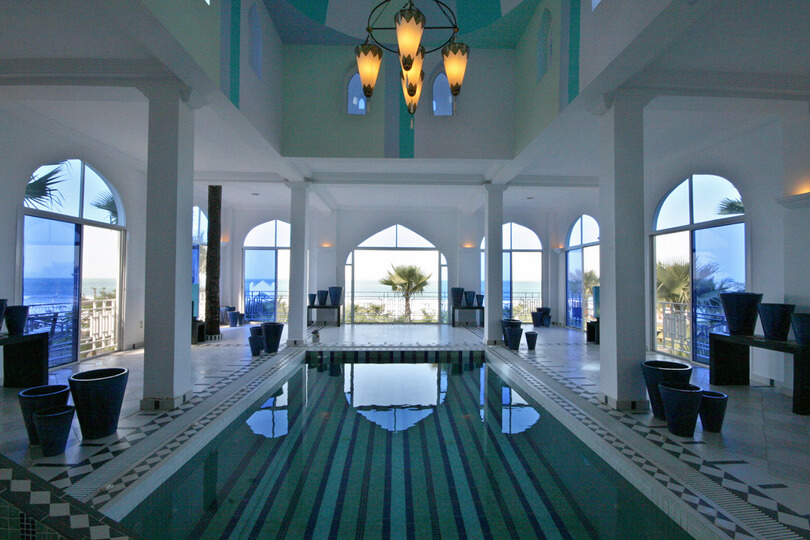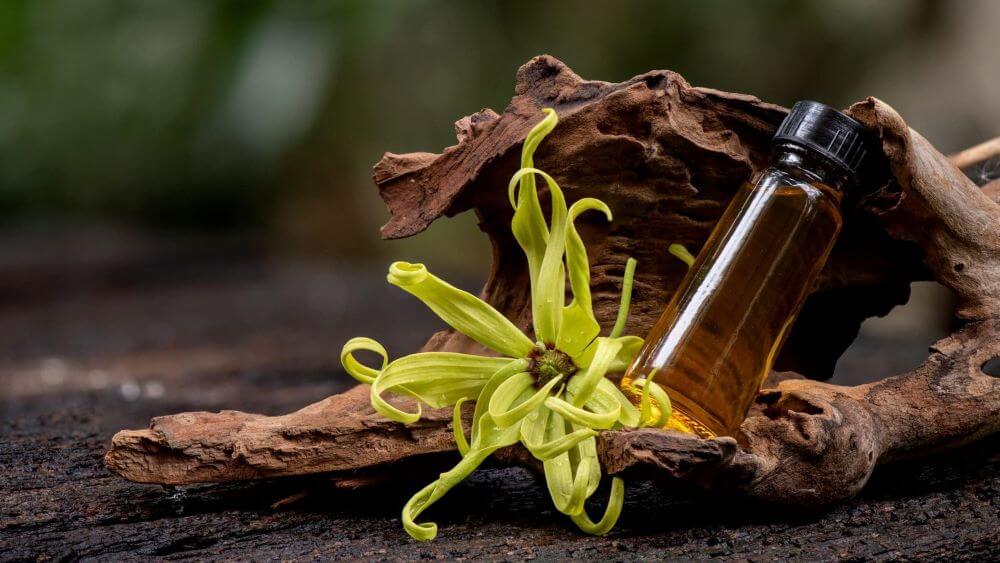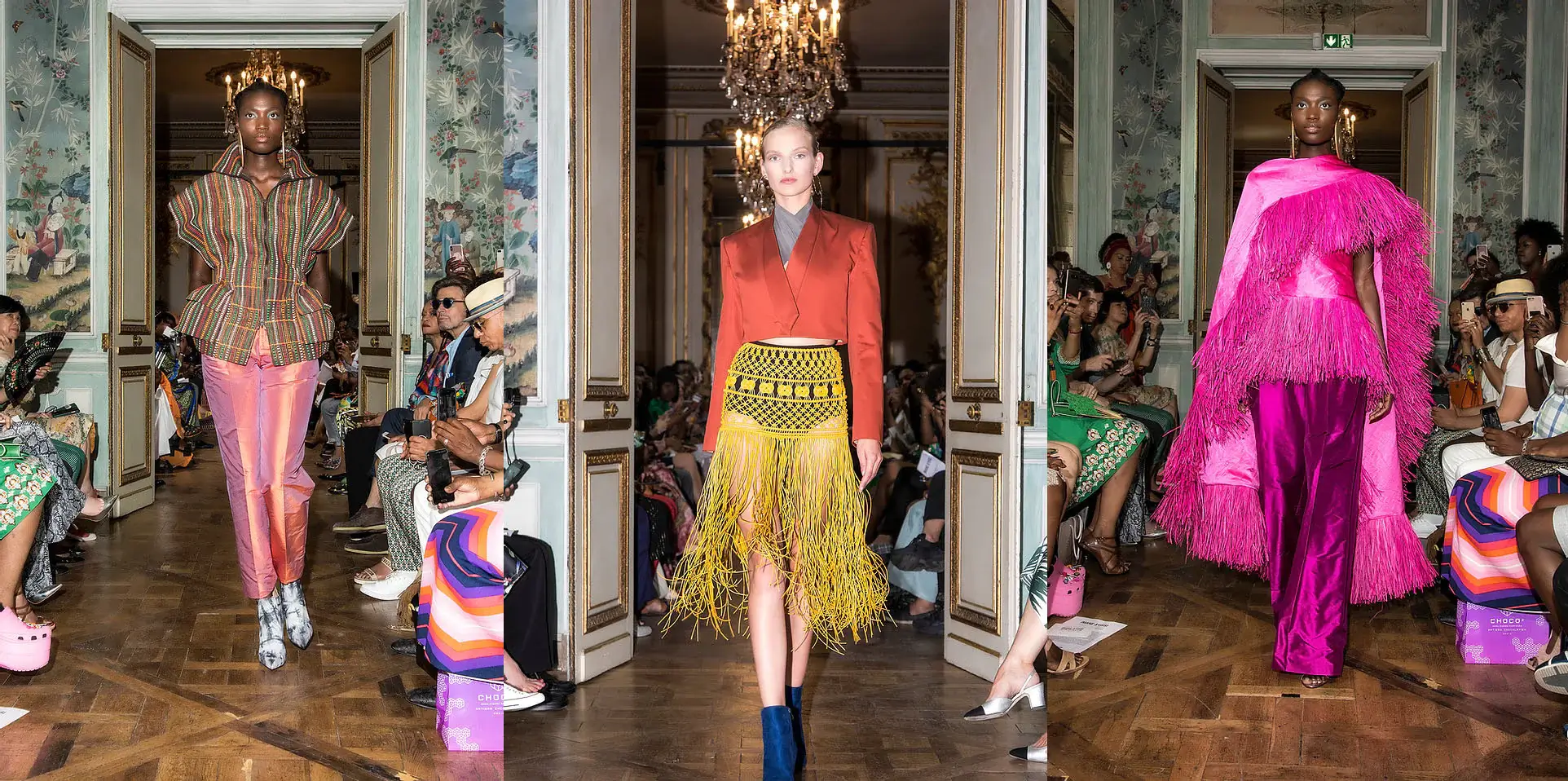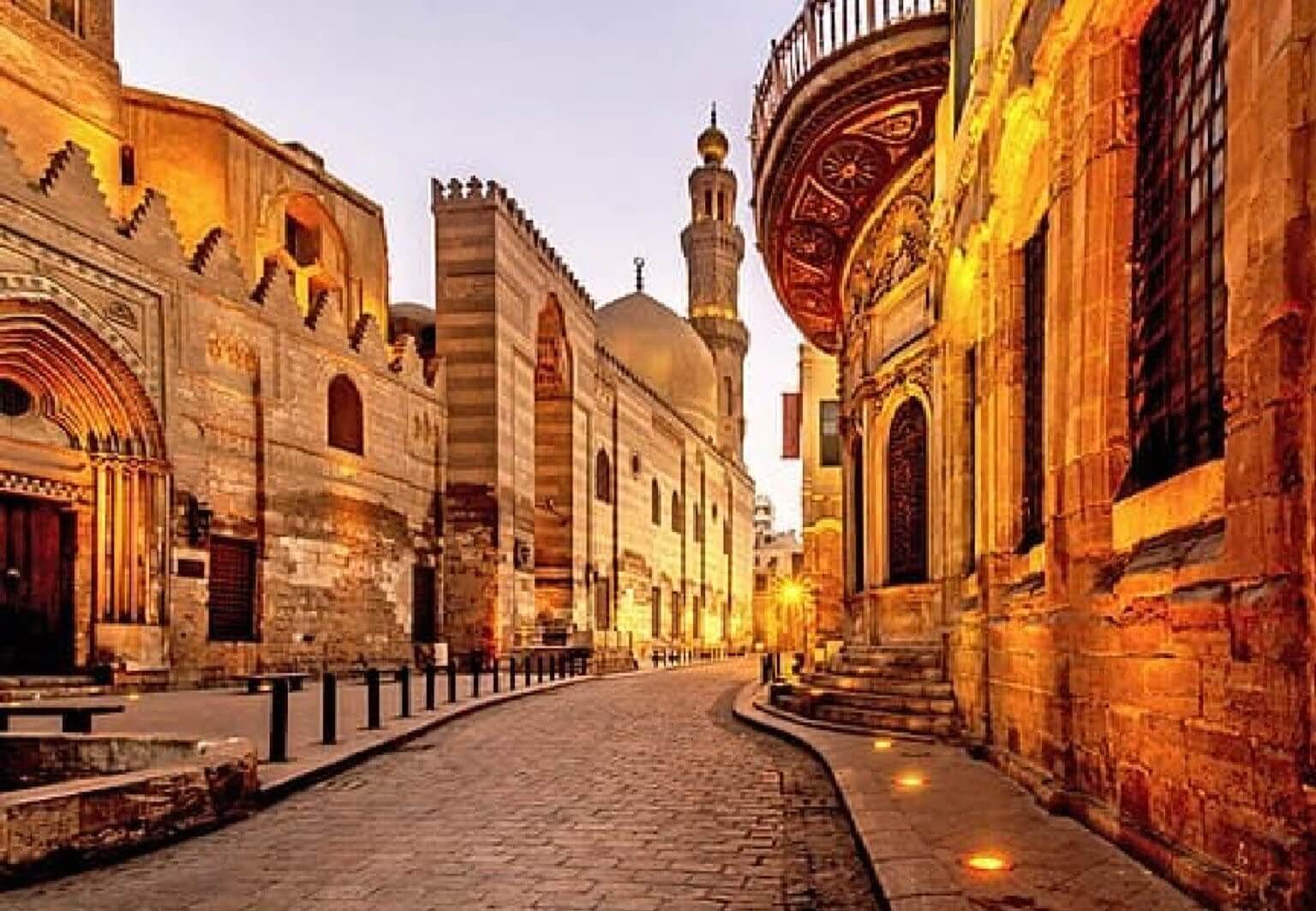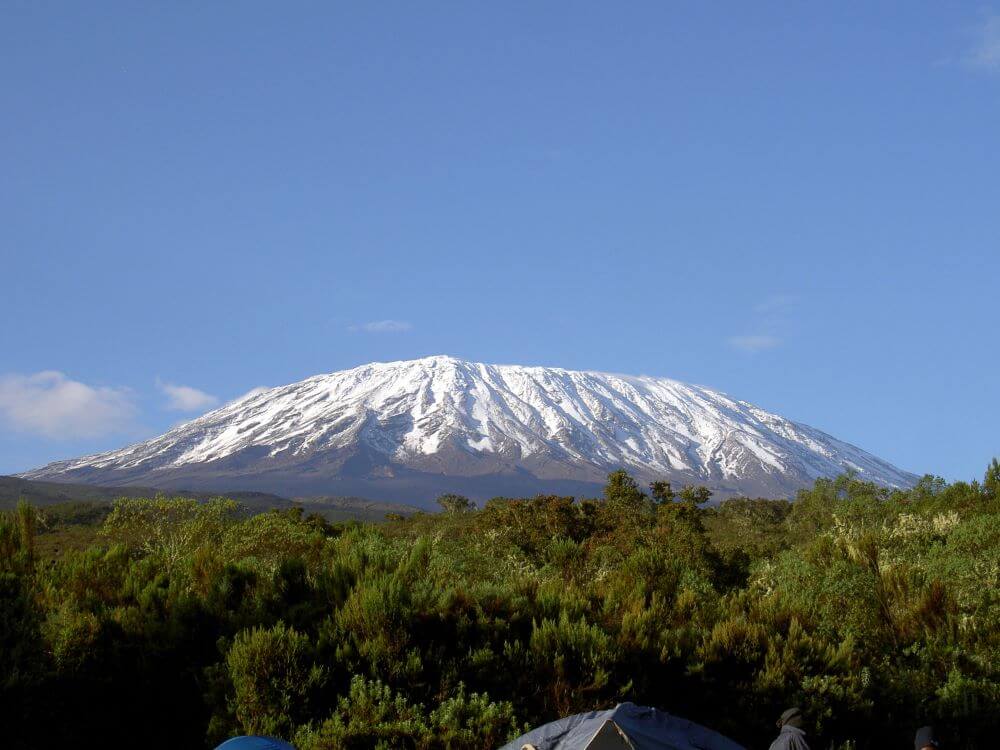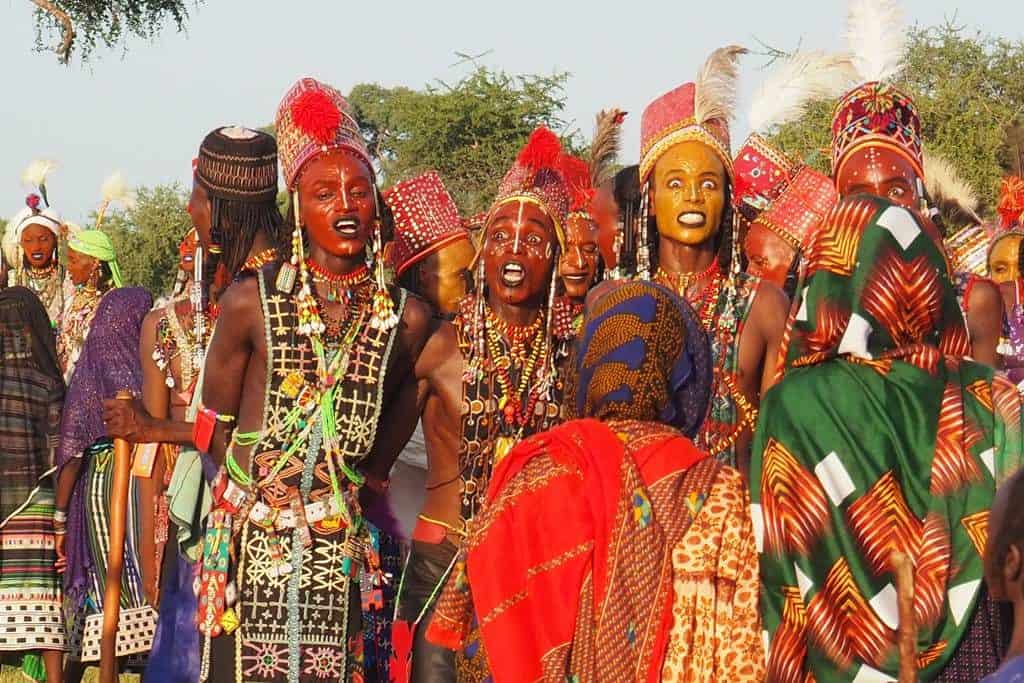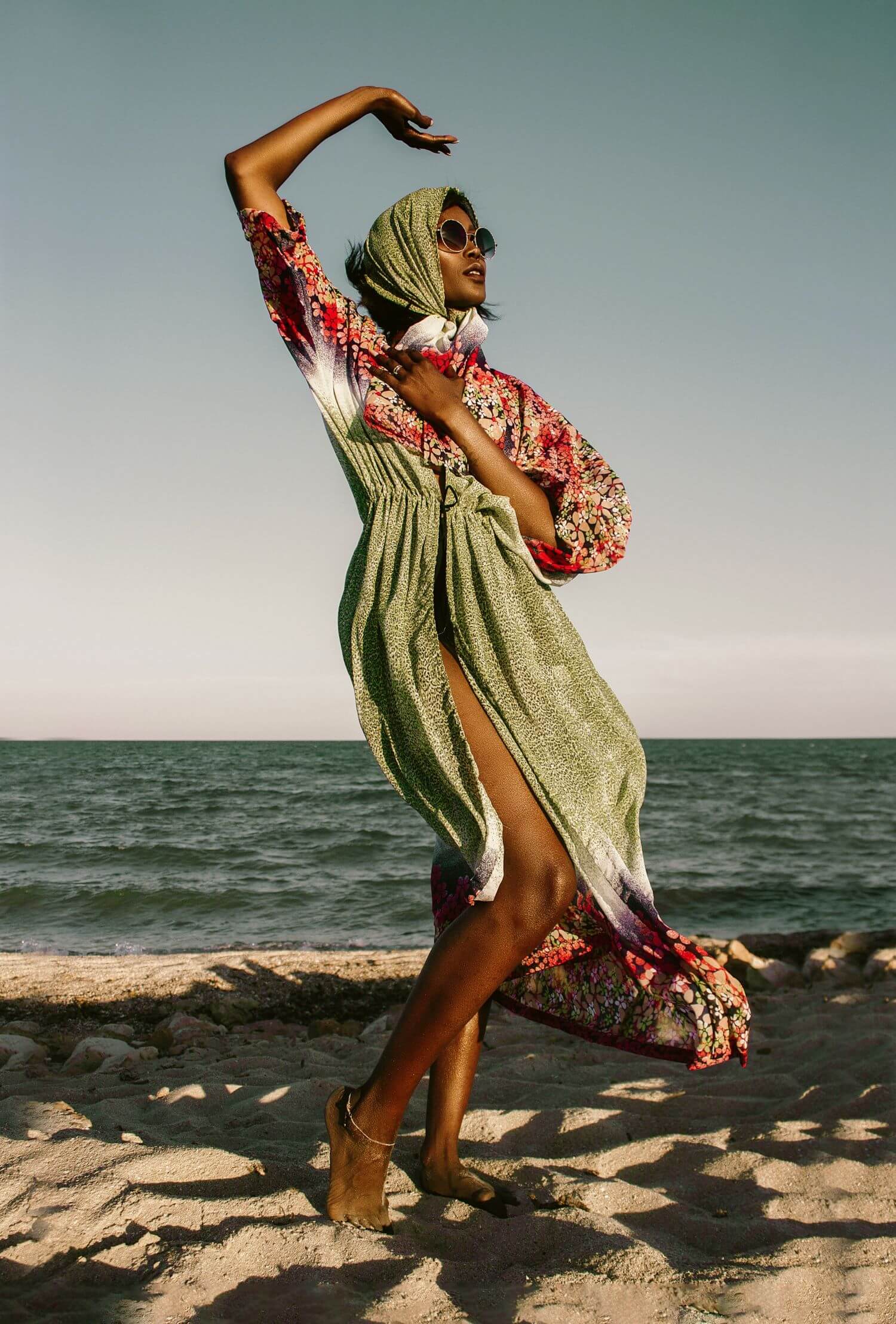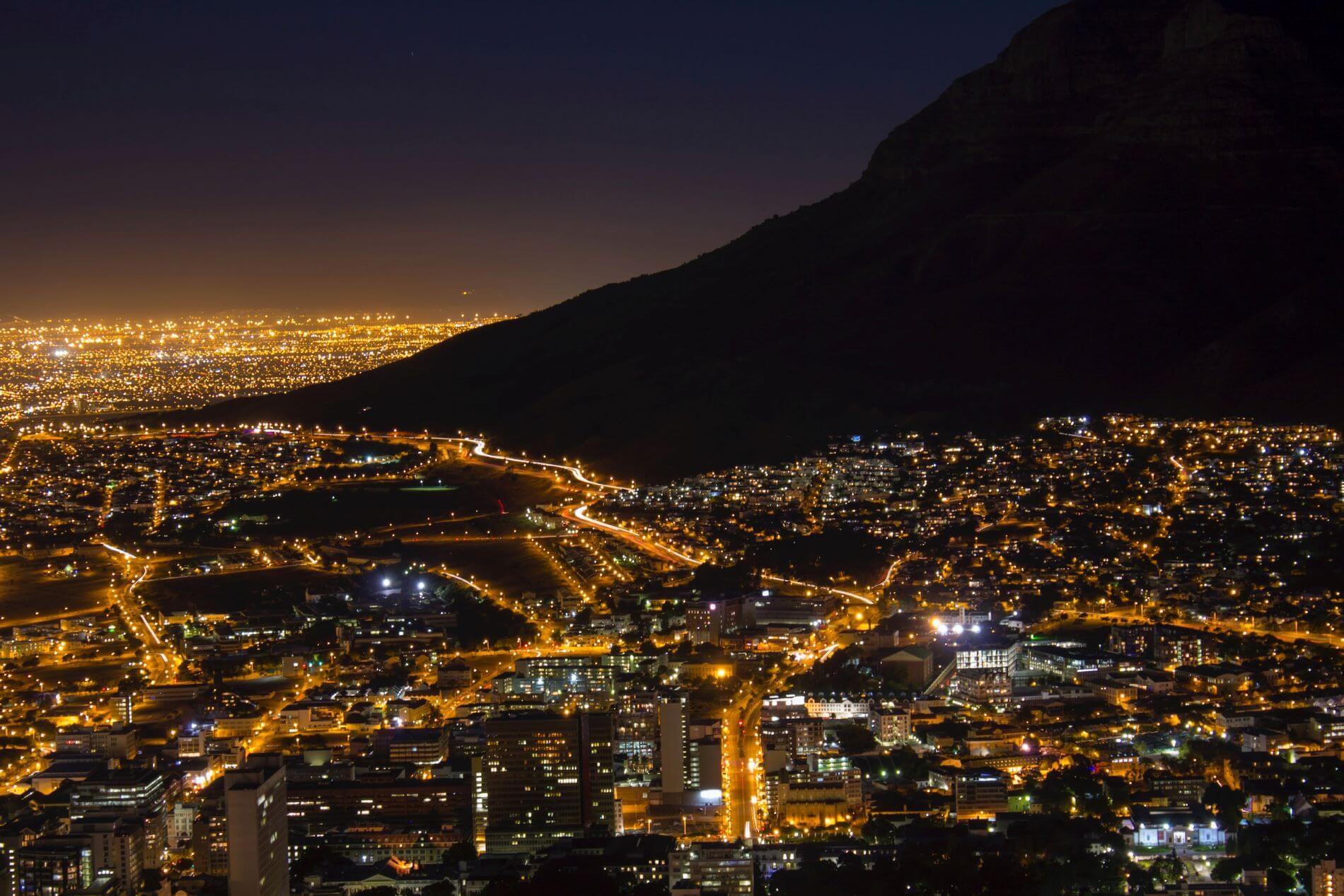A Journey Across Four Nations in West Africa
Embark on a challenging and unpredictable ride from Bissau to Senegal, venturing through the Fouta Djallon of Guinea, known as the Water Tower of West Africa. This 14-day adventure covers four countries—Guinea-Bissau, Guinea, Senegal, and The Gambia—offering a unique blend of vibrant lusophone culture, mind-bending scenery, and an unforgettable off-road biking experience. From the lush forests and hidden waterfalls of the Fouta Djallon to the serene beaches of West Africa, this trip promises to be an adventure like no other.
Itinerary Highlights
This itinerary is flexible and may be adjusted based on local conditions, spontaneous discoveries, and the group’s considerations.
Bissau – The Hidden Gem of West Africa

Start your journey in Bissau, one of West Africa’s smaller yet charming capital cities. Explore the old city with its decaying yet beautiful Portuguese colonial buildings, or relax at the hotel as you prepare for the expedition ahead. Optional city tours include a visit to the artisanal market and enjoying a caipirinha from a roadside stand.
Southern Guinea-Bissau – Off the Beaten Path

Begin the adventure with a boat trip across the channel where the Corubal River meets the Atlantic Ocean, heading towards the town of Enxudé.
Hop on your bike and navigate the mixed terrain through the Cufado Lagoons National Park to the town of Buba. Experience sundowners by the river, and set out the next day towards the southeastern corner of Guinea-Bissau, where you’ll trek in search of wild chimpanzees in one of the few areas where they still roam freely.
Crossing into Guinea – The Real Adventure Begins

The journey from Guinea-Bissau into Guinea via the N3 national highway is not for the faint of heart. The road often disappears, requiring bikes to be transported by pirogue across rivers.

After a challenging ride, reward yourself with a visit to one of Guinea’s magical beaches, where you can relax and enjoy the pristine coastline.
The Highlands of Guinea – An Untamed Beauty


Venture into the Highlands of Guinea, a region renowned for its history, culture, and extraordinary natural beauty. With road conditions constantly changing, this leg of the trip will involve bush camping and navigating rugged terrain. The reward? Breath-taking landscapes, towering waterfalls, and some of the most awe-inspiring vistas in West Africa.
The Fouta Djallon – Nature’s Masterpiece

The Fouta Djallon is the crown jewel of this journey. Known as the Water Tower of West Africa, this region is home to the headwaters of the Niger, Senegal, and Gambia rivers.

Explore the dramatic landscapes, from dense jungles to sweeping mountain views, and immerse yourself in the local Fulani culture.

Continuing into Senegal – A Shift in Scenery

After recharging in Labe, Guinea’s regional capital, prepare for the journey into Senegal. The landscape changes dramatically as you descend into the Sahel, with vast grassy scrublands and towering baobabs replacing the dense forests of the Fouta Djallon. Camp near Niokolo Koba National Park, where you might spot monkeys, bushbucks, and warthogs.
The Gambia – Africa’s Smallest Country

Enter The Gambia and travel its length, exploring the Gambia River and spending time with a population of habituated chimpanzees on an island. The roads are quiet, the tourists are few, and the experience is authentically West African.
Back into Senegal – The Grand Finale

Conclude the adventure in Senegal, riding through the Petite-Cote and ending the trip in the laid-back village of Toubab Dialaw. Share travel tales over a drink as you watch the sun set over the Atlantic, wrapping up an unforgettable journey.
What to Expect
- Weather: Expect sunny days with dry heat, especially from November to February. The higher altitude of the Fouta Djallon offers cooler mornings and evenings, but overall, prepare for hot conditions.
- Language: French is widely spoken in Guinea and Senegal, while Portuguese is spoken in Guinea-Bissau. Basic English may be understood in The Gambia and some parts of Senegal.
- Lodging: Accommodations range from bush camping to hotels in regional capitals. Expect basic facilities in remote areas and the occasional night under the stars.
- Riding: The terrain is varied and challenging, with road conditions that can change suddenly. Be prepared for off-road biking, river crossings, and unexpected detours.
- Food: Group meals are included during bush camping and when part of accommodation packages. Local cuisine features rice, fish, and fresh fruits. Restaurant meals are at your own expense.
- Schedule and Logistics: This itinerary is flexible and can be adjusted based on local conditions. Expect early mornings, long days of riding, and spontaneous changes that add to the adventure.
Best Time to Travel
From November through February the weather is fairly consistent: lots of sun, a dry heat with daytime highs around 33°C (92 °F), and evenings and mornings that can be quite cool, dare we say cold. In mid-February-March, the temperature will begin to pick up. The higher altitude of the Fouta Djallon will mitigate the temperature a bit, but make no mistake, it will be hot.
Cost and Booking Information
- Trip Cost: €2800 (double occupancy)
- Single Room Supplement: €150
- Deposit: €250 (non-refundable)
- Includes: Lodging, transport, group meals during bush camping, and some accommodations.
- Excludes: Airfare, visas, optional activities, drinks, and restaurant meals.
To secure your spot, book early as spaces are limited. Deposits are non-refundable but can be applied to future trips if you need to reschedule. Full payment is required two months before the trip starts. For more details, visit our trip policies and cancellation page.
This 14-day adventure through West Africa is not just a trip; it’s a journey into the heart of some of the most remote and beautiful landscapes on the continent. Book your spot now and prepare for the ride of a lifetime!
CONTACT INFORMATION
To plan and book this trip contact Scoot Africa:
Website: www. scootwestafrica.com
Email: philandmatt@scootwestafrica.com
Call: +22370320344 (Whatsapp) – Excellent in responsiveness
Suggested Places to Stay:
Hotel Tata in Labe has been open since 1993, and is a small and charming inn arranged in a green and flowery setting, in Labe, in the heart of Fouta. An ideal address to discover one of the places the most beautiful in West Africa with a mountain climate, at 1000 m altitude and taste the traditional and Italian franco dishes of Madame Raby. https://www.hoteltataguinea.com/en
Fouta Djallon Mountain Guide Suggested:
Fouta Trekking is a well reputed tour operator that does treks into the Fouta Djallon https://www.foutatrekking.org/. +224 622 91 20 24 I +224 662 94 07 17
What to Pack For This Trip
Believe it or not, you don’t need to be decked out in full safari gear when traveling in Africa. If you want to go all-out in khaki, that’s fine, but it’s not necessary and might leave you uncomfortable. Here’s what you really need to bring:
Storage Space on Bikes:
Each traveler will have saddlebags with 35 liters of storage space. If you need extra room, feel free to wear a light backpack while riding.
Clothing
Mornings will be cool, and afternoons warm, with temperatures around 30-32°C (upper 80s°F). It’s a dry heat, making it quite pleasant most days. Here’s what we recommend:
- Light sweater or jacket for the mornings
- Short-sleeved cotton shirts
- 2 pairs of shorts
- 2 pairs of pants (for riding or evenings out)
- Bathing suit
- Hat
- Sun dress or two for the ladies (you can also buy locally made dresses during the trip)
- Closed-toe shoes (required for riding scooters)
- Flip-flops or sandals
- Sunglasses
- Other sun protection gear, like UPF shirts or riding gloves
Pack light! Everything you bring needs to fit on the bike. Laundry services will be available on several occasions during the trip.
Toiletries and Medication
You don’t need to bring an entire medicine cabinet. We’ll have fully equipped first aid kits and various medications. However, certain medications might not be available locally, so bring any prescriptions you currently take.
It’s also wise to bring a malaria prophylactic, stomach medication, and antihistamines if you have allergies.
For toiletries, bring:
- Insect repellent (we recommend one with DEET)
- Soap and shampoo (available on the trip, but bring your preferred brands)
- Hand sanitizer
- Sunscreen (hard to find on the road)
- Tampons (only sanitary pads may be available locally)
Miscellaneous
- Power adapter: Bring one that works for European-style sockets with two rounded prongs. In The Gambia, you’ll need a UK-style adapter with 3 rectangular prongs.
- Phone: An unlocked phone is best, allowing you to buy a local SIM card.
- Power bank: Useful if you can’t risk your devices running out of battery.
- Camera: There will be plenty of photo opportunities, but pack light.
- Helmet: Must be DOT or ECE 22.05 certified. We can recommend options.
- Driver’s license
- International vaccination certificate: Showing yellow fever vaccination.
- Headlamp/flashlight: Your phone can serve this purpose.
- Hydration pack: Not necessary, but we like to use them.
What Not to Bring
- Excessive luggage: This isn’t the trip for multiple suitcases. Pack light and bring only the essentials.
- Water filters/purifiers: We’ll ensure access to treated or bottled water daily.
- Laptop: It’s likely to be more of a burden than a benefit.
- Mosquito nets: We’ve got you covered.
- Too much of anything: We’ll be off the beaten track, but we’re not heading to the ends of the earth. If you forget something, you can always buy more on the trip.

